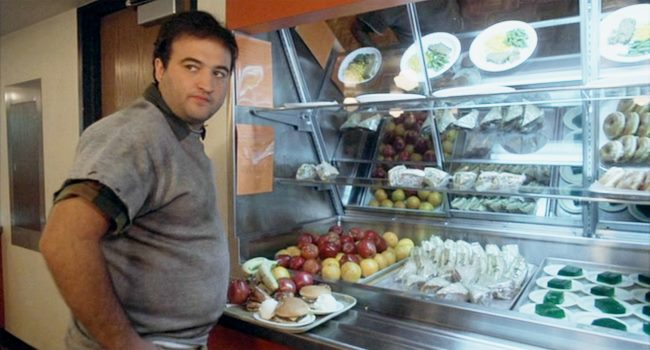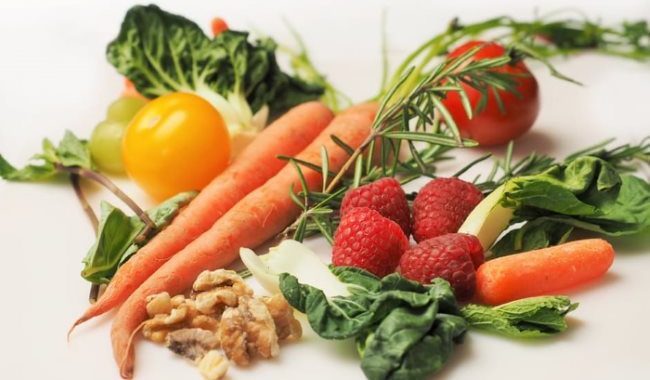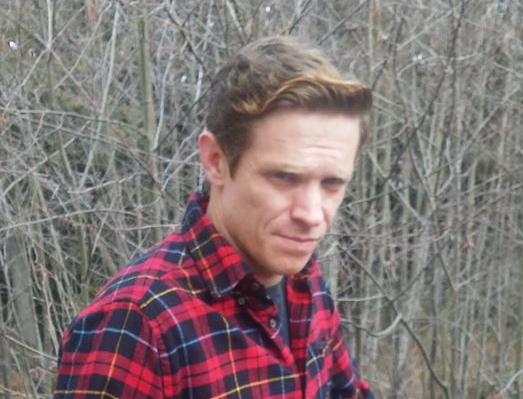Last Updated on April 29, 2020 by Robert Price
The health of your heart, brain, body, and hair will all suffer if you don’t eat right. According to Amy McMichael, MD, any vitamin deficiency can cause hair loss (source). Now’s the perfect time to make some simple and delicious adjustments to your diet! Here are 10 foods to consider for your hair loss prevention diet:
- Lean Meat – Great source of protein and iron, both of which are vital to your hair health. Lean meats such as pork, beef, and fish are especially good sources of iron, according to Christine Gerbstadt, MD, RD, a spokeswoman for the Academy of Nutrition and Dietetics (source).
- Eggs –Eggs are packed protein and biotin, an essential vitamin for hair growth.
- Dark Green Vegetables – The ISHRC, or International Society of Hair Restoration Surgeons, list spinach, broccoli, and kale as three excellent sources of vitamins A and C. These greens aid in the production of sebum on your scalp and will improve your overall hair health (source).
- Avocados – Loaded with omega-3 fatty acids, avocados help moisturize your hair follicles and give it a silky finish. Avocados also have anti-inflammatory properties and can prevent dryness and flaking on your scalp, according to the ISHRC.
- Nuts – Regular nuts along with walnuts offer an excellent alternative to avocados as source source of omega-3 fatty acids.
- Salmon – Same deal, packed with omega-3s and protein to strengthen and beautify your hair.
- Oysters – Great zinc source, which is critical in the hair growth cycle.
- Blueberries – A well-known “super-food,” blueberries will help improve the health of your scalp and give you a good dose of vitamin C.
- Beans & Lentils – Loaded with protein, as well as zinc, iron, and biotin, beans and lentils promote hair health and much more.
- Seeds – Sunflower and sesame seeds are both frequently cited as foods that will enhance the quality and health of your hair.

Not sure if cheeseburgers count as lean meat or not, but I doubt it!
The Essential Vitamins & Nutrients for Your Hair
Your hair is mostly composed of protein, so you want to make sure you always get your optimal dose of protein for the day. Calcium is also very important, as are iron and vitamin E and certain trace minerals, like copper and magnesium.
And we can’t forget biotin! Many people suffering from hair loss take a biotin supplement. It won’t necessarily help you regrow hair, but it can definitely improve the strength and health of your hair. If you have a biotin deficiency, there’s a good chance you’ll experience some hair loss. Natural sources of biotin include whole-grain cereals, wheat bread, eggs, dairy products, peanuts, salmon, and chicken.
Eat a Well-Balanced Diet
If you maintain a well-balanced and healthy diet, you shouldn’t experience any vitamin-deficiency issues, which will go a long way toward optimizing your hair health. Still, hair loss is mostly a genetic condition — so if you’re destined to go bald, it probably doesn’t matter how healthy you eat, and eventually you will lose your hair. Sorry! But eating right may help you slow down the progression of your hair loss, at least to some extent.
Hair Loss Diet – Conclusion
Maintaining a healthy diet, minimizing your stress level, and avoiding unhealthy habits like heavy drinking and smoking will help you keep your hair stronger, longer. Foods like lean meats, eggs, dark green vegetables, nuts, blueberries, beans, and seeds will all help revitalize and beatify your hair follicles. If you’re not getting enough of a particular nutrient, you may want to talk to your doctor and consider taking a supplement.
Robert Price is a writer, consumer advocate, and hair loss researcher with thousands of hours of experience in the field. His goal is to keep you out of the hair loss rabbit hole, underworld, or whatever you want to call it. He founded Hair Loss Daily, the unbiased hair loss blog, in 2016. You can learn more about Robert in the my story section of this website.

